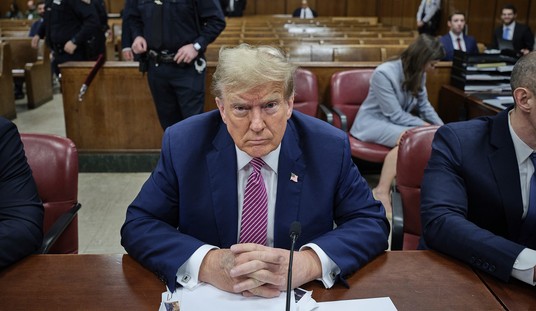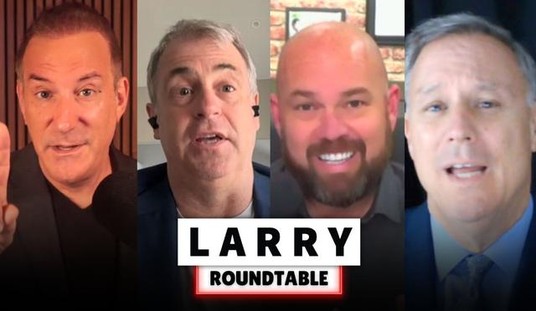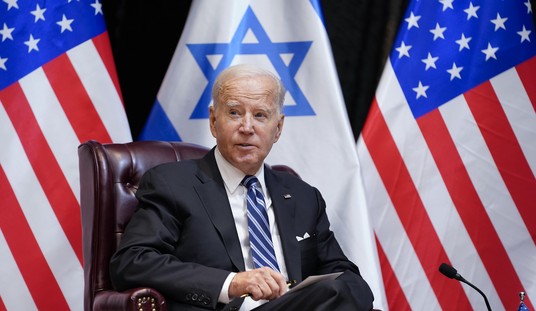Conversely, the 2013 Supreme Court decision overturning that provision of DOMA, while paying lip service to federalism, has led to a situation in which states are forced to recognize same-sex marriage. If there ever was a time when federalism was a viable approach to gay marriage, that time has passed.
That much became clear on Monday, when the court declined to hear appeals of decisions that overturned bans on gay marriage in five states. Taking into account all of the states in the three circuits that produced those cases, the court's decision not to intervene raised the number of states that recognize gay marriage from 19 to 30.
On Tuesday, a ruling by the U.S. Court of Appeals for the 9th Circuit added five more states to that category, and a pending decision from the 6th Circuit could increase the total to 39. Almost overnight, gay marriage has spread to most of the country.
The Supreme Court set the stage for this development last year in U.S. v. Windsor, a decision that rejected DOMA's heterosexual definition of marriage for reasons that were not entirely clear. Writing for the majority, Justice Anthony Kennedy spent seven pages making the point that marriage law has always been the province of the states, only to veer away from federalism toward an argument based on equal protection and "the liberty protected by the Due Process Clause."
The court explicitly said it was not deciding the issue of whether the Constitution requires states to recognize same-sex unions, a point that Chief Justice John Roberts emphasized in his dissent. But Kennedy repeatedly noted that state marriage laws are "subject to certain constitutional guarantees," and Justice Antonin Scalia correctly predicted that Windsor would lead to decisions overturning state bans on gay marriage.
Recommended
Of the 44 state and federal rulings addressing the issue since Windsor, all but two have said such bans are unconstitutional. The reasoning varies, as does the level of scrutiny applied by the courts, but a consistent theme is that refusing to recognize gay marriages imposes substantial harm that is not justified by any plausible benefit.
That may sound like a policy judgment, and it is. But the rationale for having courts make the call is that bans on gay marriage restrict a fundamental right and entail discrimination that implicates the 14th Amendment's guarantee of equal protection.
In other words, like freedom of religion or the right to bear arms, this is not an issue that should be left to the discretion of state legislators or voters. It is a constitutional exception to federalism.
Even President Obama, who endorsed gay marriage two years ago, was at that point still saying the issue should be left to the states. But that position was hard to reconcile with Obama's argument that DOMA violated the principle of equal protection, the same conclusion the Supreme Court ultimately endorsed.
Many conservatives argue that equal protection analysis is inappropriate because gay and straight couples are not "similarly situated." They likewise argue, somewhat circularly, that the right to marry cannot include the right to marry someone of the same sex because that sort of union does not qualify as a marriage.
Tradition clearly supports opponents of gay marriage. But tradition (as well as public opinion) also supported opponents of interracial marriage in 1967, when the Supreme Court overturned state bans on such unions.
Did that decision rewrite the Constitution, or did it extend a longstanding right to people who were unjustly denied it? That is the question confronting conservatives as they adjust to the rapidly emerging reality of gay marriage from coast to coast.

























Join the conversation as a VIP Member